What is the law?
The application of AI in film production is a technological step forward. However, this also poses many legal challenges that filmmakers may face, typically the personal rights of actors or disputes over intellectual property rights. Lawyer Ha Thi Kim Lien (Phan Law Vietnam Law Office - Hanoi Branch) said that according to Clause 1, Article 32 of the 2015 Civil Code, actors are legally protected in their image rights in cinematographic works. The use of an actor's image must have their consent, and if used for commercial purposes, remuneration must be paid, unless otherwise agreed by the parties. Therefore, the use of AI to replace an actor's image in a cinematographic work without the actor's consent, or without the parties' agreement and recording in a specific contract, can lead to disputes over the actor's personal rights.

Applying AI to the process of making a film opens up many opportunities, but also faces challenges.
Photo: Director Namcito
Therefore, to avoid the above risks when using AI to replace part or all of an actor's role in a film, the producer needs to negotiate and sign a contract with the actor, clearly stating the terms such as the level of use of AI to replace the actor, the conditions and limits of applying AI; agreement on the rights and benefits that the parties enjoy from the created film.
According to current Vietnamese law, intellectual property rights are only protected for works that are the result of human creative labor. At the same time, lawyer Ha Thi Kim Lien said that Vietnamese intellectual property law does not have specific provisions regulating which organizations or individuals own works created entirely by AI, without any individual's personal mark. Therefore, this issue will be a legal issue that needs to be considered by relevant agencies and departments to study and supplement legal regulations to meet practical requirements.
"Regarding the issue of "plagiarism" of ideas from films using AI, we need to consider it on the basis of basic principles of copyright protection conditions. Specifically, Clause 1, Article 6 of the Intellectual Property Law stipulates that copyright arises from the moment a work is created and expressed in a certain material form, regardless of content, quality, form, means, language, etc. Accordingly, copyright protects the expression of ideas in a certain material form, not the pure idea. Therefore, if producers use AI in the filmmaking process, they must ensure that the content created by AI does not illegally copy protected elements from previous works and does not infringe the rights of any individual or organization. If there is a violation, film producers will be subject to sanctions according to the provisions of current law," lawyer Ha Thi Kim Lien further analyzed.
Need a systematic, multi-sectoral strategy
According to Mr. Dang Tran Cuong, Director of the Vietnam Cinema Department, world cinema has gone through many stages of strong development from traditional film to digital, and now the emergence of AI as a new creative tool. The application of AI in film production is no longer strange, but is gradually becoming a new standard of the global film industry. In that context, the bold experimentation of Vietnamese filmmakers is very encouraging.

Before movies, many art products in Vietnam also applied AI in the production stage.
Photo: FB Dan Truong
Resolution No. 57-NQ/TW dated December 22, 2024 of the Politburo on breakthroughs in science, technology, innovation and national digital transformation stated: "Development of science, technology, innovation and digital transformation is a decisive factor in the development of countries; is a prerequisite and the best opportunity for our country to develop richly and powerfully in the new era - the era of national development". Therefore, the leaders of the Department of Cinema see the potential and opportunities for training and developing human resources with AI skills in Vietnamese cinema, but a systematic and multi-disciplinary strategy is needed.
In the training stage, there should be programs that combine film arts, information technology, visual effects, AI and content creation... Mr. Cuong gave an example of units such as the University of Theater and Cinema that can research and open new majors in "film technology and AI". In addition, it is necessary to connect businesses that have experience in applying AI in film production with the state, cooperate with special effects studios and AI companies to both train and apply testing. "I think we should be bold and active in the process of innovation, moving towards the spirit of a technological cinema but maintaining human identity", the leader of the Department of Cinema stated his opinion.
In general, the application of AI in film production opens up many opportunities, but it needs to be controlled and legal to ensure the artistic quality of a work, while meeting the requirements of image rights, personal rights and related regulations. From a management perspective, Mr. Dang Tran Cuong said that there needs to be close coordination between filmmakers - technology experts - state management agencies to gradually build a modern, creative cinema that still complies with legal regulations and maintains the spirit of Vietnamese culture.
Source: https://thanhnien.vn/tuong-lai-nao-cho-dien-anh-viet-185250814225815602.htm


![[Photo] National Assembly Chairman Tran Thanh Man attends the VinFuture 2025 Award Ceremony](/_next/image?url=https%3A%2F%2Fvphoto.vietnam.vn%2Fthumb%2F1200x675%2Fvietnam%2Fresource%2FIMAGE%2F2025%2F12%2F05%2F1764951162416_2628509768338816493-6995-jpg.webp&w=3840&q=75)
![[Photo] 60th Anniversary of the Founding of the Vietnam Association of Photographic Artists](/_next/image?url=https%3A%2F%2Fvphoto.vietnam.vn%2Fthumb%2F1200x675%2Fvietnam%2Fresource%2FIMAGE%2F2025%2F12%2F05%2F1764935864512_a1-bnd-0841-9740-jpg.webp&w=3840&q=75)




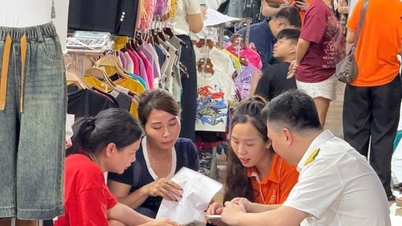

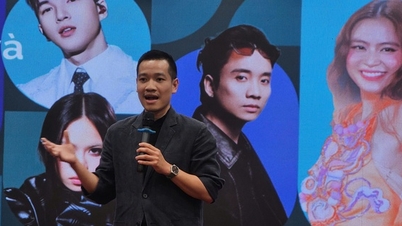



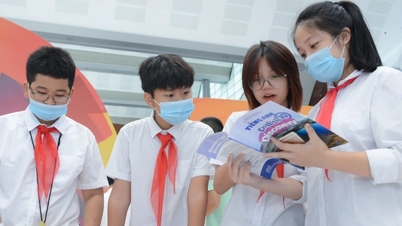






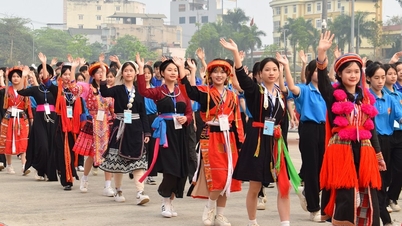

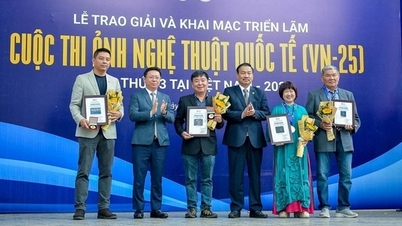

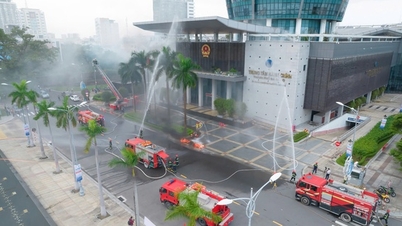


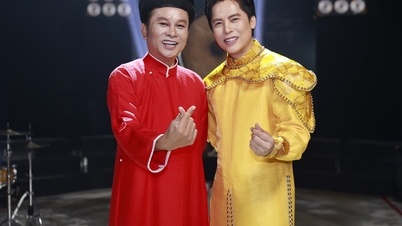







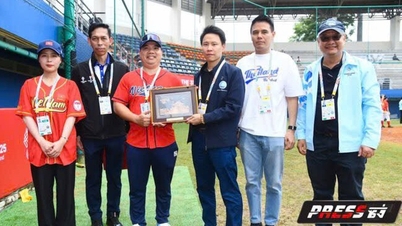





































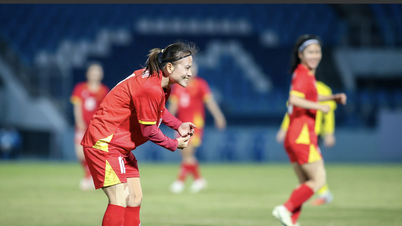


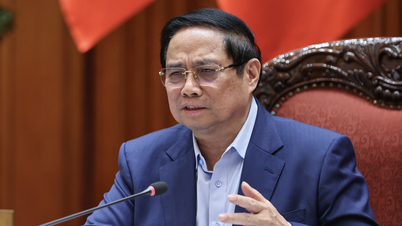












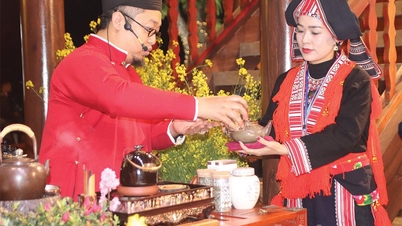

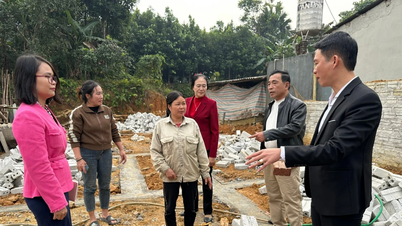

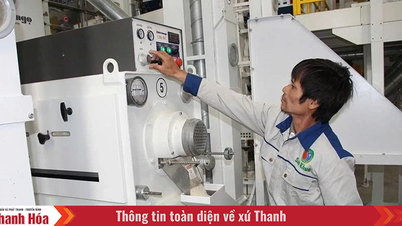

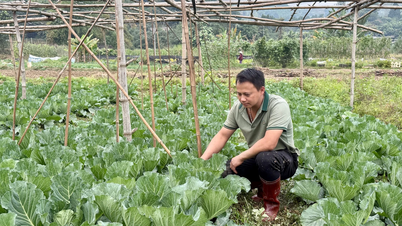











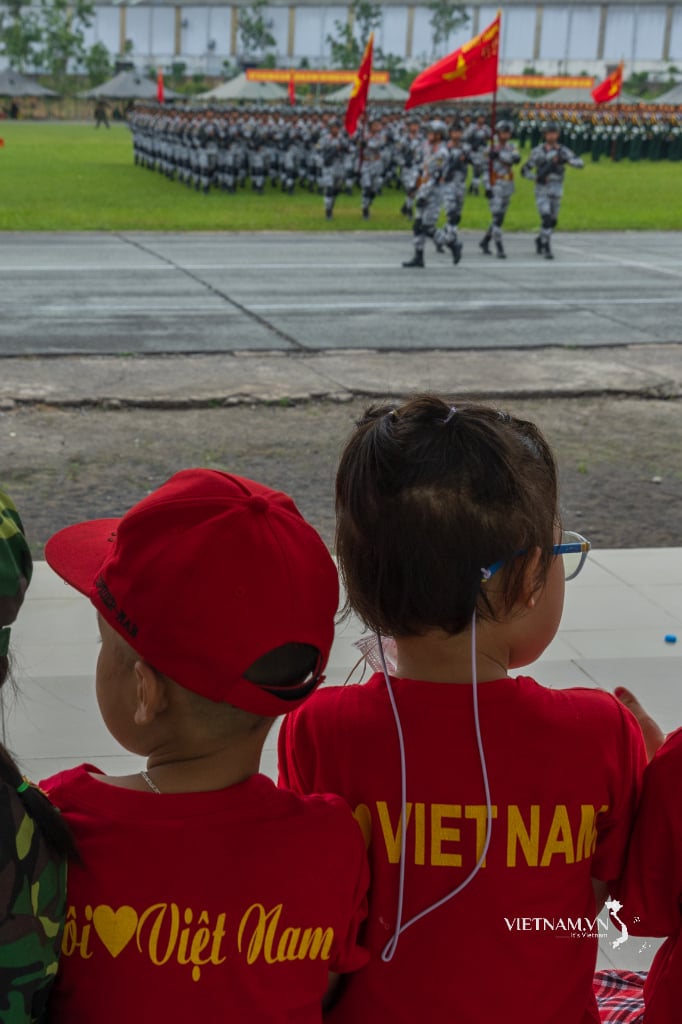




Comment (0)